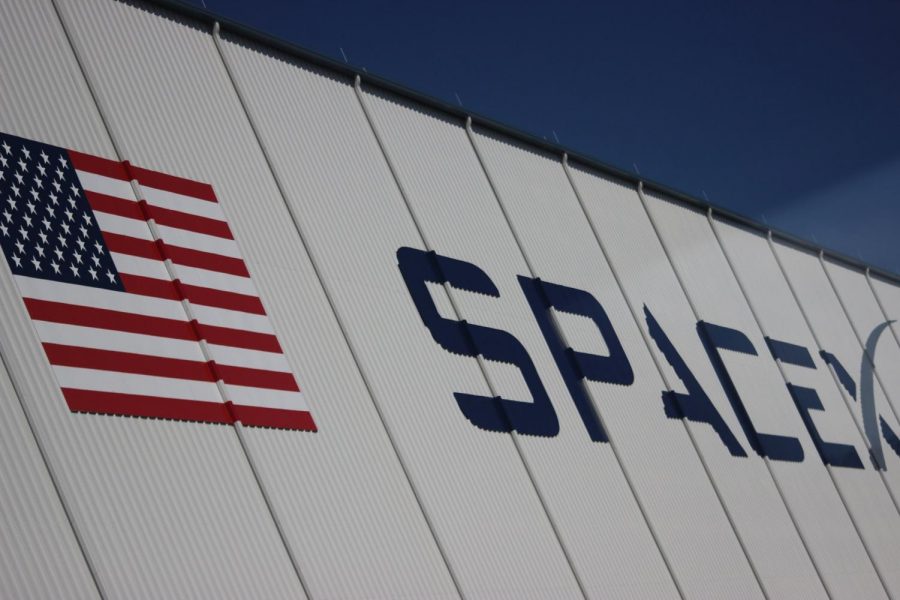SpaceX launch postponed until Saturday because of Tropical Storm Bertha
SpaceX
May 28, 2020
The anticipated launch of SpaceX rocket that was destined to arrive at the International Space Station was postponed because of poor weather conditions, around Kennedy Space Center in Merritt Island, Fla.,
According to updates stated by The Washington Post, Tropical Storm Bertha was hovering over the Carolinas on Tuesday and Wednesday, leaving the risk of isolated thunderstorms or pockets of heavy clouds lingering around the rocket’s launch site.
Launch time was scheduled for 4:33 p.m. but a lightning strike in the area 17 minutes before that prompted the flight’s weather officer to make the announcement to postpone.
The Crew Dragon’s mission, known as Demo-2, operated under an “instantaneous launch window”, or a narrow period during which the International Space Station is lined up with the rocket’s flight trajectory. Any sort of delay would cause the rocket to miss that period according to TWP.
The next scheduled launch is for Saturday at 3:22 p.m., from the same facility that launched Apollo 11 in 1969, launchpad 39A.
SpaceX began in 2002 with founder and chief executive Elon Musk, with the purpose of being the first privately owned company to fly humans into space in fully reusable launch vehicles. The program could potentially transport humans to Mars and other destinations in the solar system.
Astronauts Bob Behnken and Doug Hurley, both with military backgrounds, are familiar with the shuttle as they have flown two missions each.
The spacecraft will be equipped with a fully autonomous, next-generation capsule, outfitted with Tesla-like touch screens and temperature controls that allow astronauts to keep the cabin at between 65 and 80 degrees Fahrenheit, according to the article’s update.
The journey is expected to last 18 hours.
The space station is 240 miles above Earth and the spacecraft will have to match the speed of the station, which orbits the Earth at 17,500 mph, docking at a precise and calculated entry.
Once complete, NASA and SpaceX will review the data and possibly certify the spacecraft for additional missions that could regularly fly as many as four astronauts to the space station and back, according to the article.


